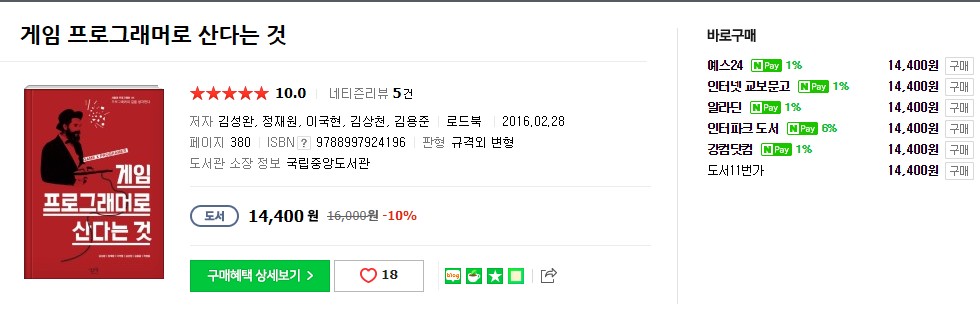Instructions
In John's car the GPS records every s seconds the distance travelled from an origin (distances are measured in an arbitrary but consistent unit). For example, below is part of a record with s = 15:
x = [0.0, 0.19, 0.5, 0.75, 1.0, 1.25, 1.5, 1.75, 2.0, 2.25]
The sections are:
0.0-0.19, 0.19-0.5, 0.5-0.75, 0.75-1.0, 1.0-1.25, 1.25-1.50, 1.5-1.75, 1.75-2.0, 2.0-2.25
We can calculate John's average hourly speed on every section and we get:
[45.6, 74.4, 60.0, 60.0, 60.0, 60.0, 60.0, 60.0, 60.0]
Given s and x the task is to return as an integer the floor of the maximum average speed per hour obtained on the sections of x. If x length is less than or equal to 1 return 0 since the car didn't move.
Example: with the above data your function gps(s, x)should return 74
Note With floats it can happen that results depends on the operations order. To calculate hourly speed you can use:
(3600 * delta_distance) / s.
My Solution
using System;
public class GpsSpeed {
public static int Gps(int s, double[] x) {
if (x == null || x.Length <= 1)
return 0;
// your code
double max = double.MinValue;
for (int i = 0; i < x.Length; i++)
{
if (i+1 < x.Length)
{
double distance = x[i+1] - x[i];
double speed = ((3600*distance) / s);
if (max < speed)
{
max = speed;
}
}
}
return (int)(max);
}
}
처음에 문제를 잘못 이해해서 다른 방법으로 풀었다.
Best Practices
using System;
using System.Linq;
public class GpsSpeed
{
public static int Gps(int s, double[] x)
{
if(x.Length > 2)
{
var averageSpeeds = x.Skip(1).Select((distance, index) => ((distance - x[index]) / s) * 3600);
return Convert.ToInt32(Math.Floor(averageSpeeds.Max()));
}
return 0;
}
}
Linq 사용
Skip : 무시할 개수

